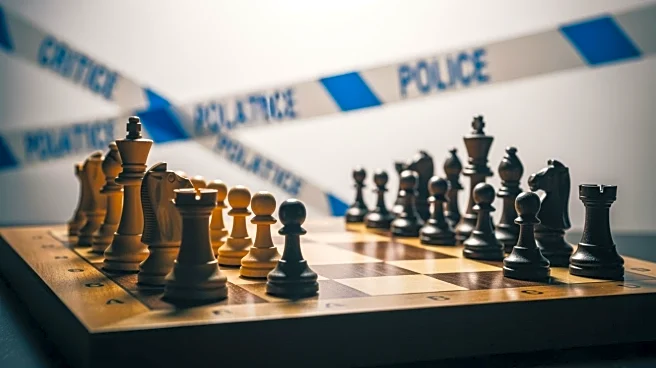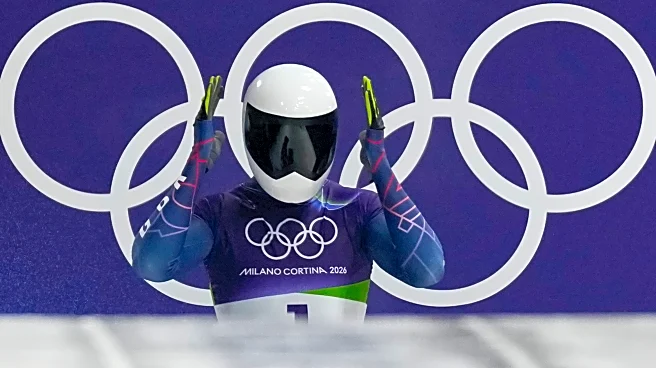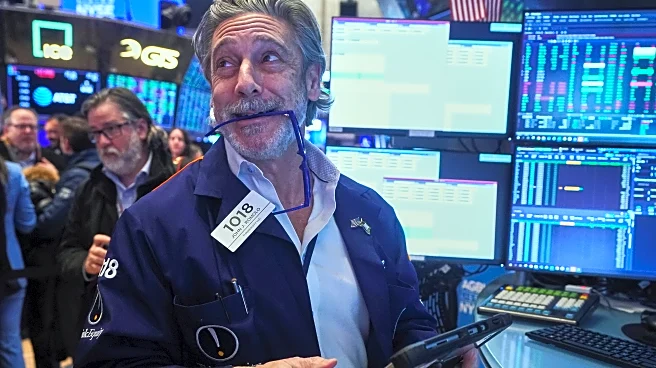What's Happening?
Russian Chess Grandmaster Vladimir Kramnik has publicly denied responsibility for the death of American chess prodigy Daniel Naroditsky. Kramnik, a former World Chess Champion, has been accused by Naroditsky's
family and the chess community of contributing to the young grandmaster's mental distress through persistent cheating allegations. Naroditsky was found unresponsive in his North Carolina home on October 19, with authorities investigating the death as a possible suicide or drug overdose. Kramnik, who has a history of making unfounded cheating claims against rising chess stars, stated on social media that he has evidence supporting his allegations against Naroditsky and is willing to present it to relevant authorities. Despite the backlash, Kramnik maintains that he never personally attacked Naroditsky and claims to be the target of a harassment campaign following Naroditsky's death.
Why It's Important?
The situation highlights the intense pressures faced by individuals in competitive environments, particularly in the world of chess, where reputation and integrity are paramount. The allegations and subsequent death of Naroditsky underscore the potential mental health impacts of public accusations and the responsibility of influential figures in handling such matters. The chess community, which values fair play and ethical conduct, is now grappling with the implications of Kramnik's actions and the broader issue of mental health support for players. This incident may prompt discussions on how the chess world can better support its members and address the consequences of public accusations.
What's Next?
The chess community and relevant authorities may investigate Kramnik's claims and the circumstances surrounding Naroditsky's death further. There could be calls for more stringent regulations and support systems within the chess world to prevent similar incidents. The response from the chess community, including prominent figures like Hikaru Nakamura, who has also faced accusations from Kramnik, will be crucial in shaping the discourse around this issue. Additionally, there may be increased advocacy for mental health awareness and resources for chess players.
Beyond the Headlines
This incident raises questions about the ethical responsibilities of public figures in competitive fields and the potential long-term impacts of unfounded allegations. It also highlights the need for a cultural shift within competitive environments to prioritize mental health and support for individuals facing public scrutiny. The chess community may need to consider implementing measures to protect players from the psychological toll of such accusations and ensure a supportive environment for all members.










